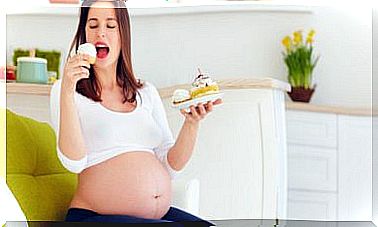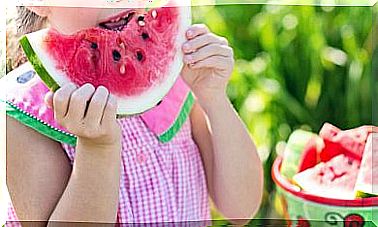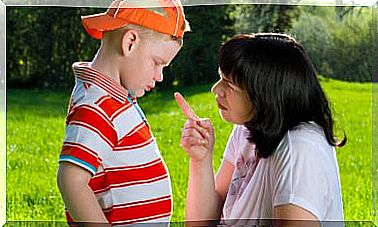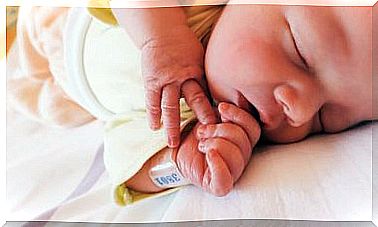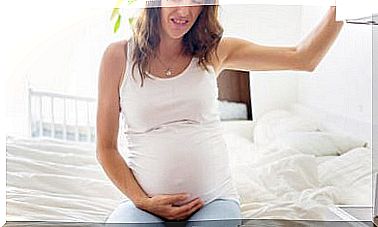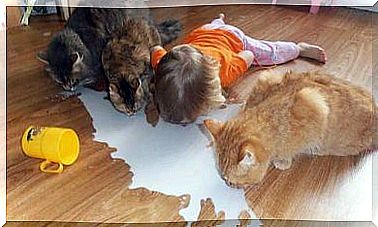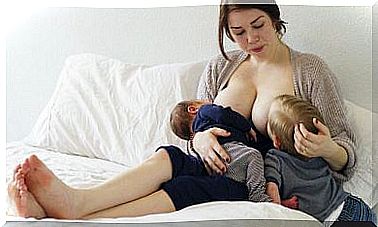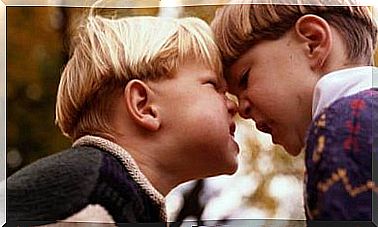More Than 8 Reasons Not To Give Your Child Caffeine

Most parents would never think of it, some others don’t care. The truth is that there are plenty of reasons not to give your child caffeine. However, the vast majority forget that many foods and soft drinks contain this substance of plant origin.
Specialists indicate that it is convenient to reduce caffeine consumption as much as possible in the case of children, so in Canada it is recommended that children of preschool age do not ingest more than 45 milligrams of caffeine per day, which is equivalent to the amount contained in a 355 milliliter can of cola.
There are many reasons not to give your child caffeine but, to start, you should consider that this substance has stimulating and diuretic properties that are unhealthy for children. In addition, according to the National Institutes of Health, caffeine is absorbed and passes quickly to the brain.
Consequently, specialists speak of an excitation of the central nervous system, an incorrect growth of the child, a loss of minerals capable of affecting bone mass and even addiction. However, there are many side effects of this drug found in coffee, soda, ice cream, or chocolate.
Caffeine in children
As we mentioned before, caffeine stimulates the central nervous system and, in small doses, gives people energy while putting them on alert. However, it can be said that these are some reasons not to give your child caffeine, since an excess of consumption causes:
- Restlessness and nervousness.
- Lack of concentration and loss of attention.
- Difficulty falling asleep.
- Acceleration of the heart rate.
- Increased blood pressure.
- Gastritis and upset stomach.
- Damage to tooth enamel.
- Headache.
- Sometimes it affects speech and normal motor activity.
- It causes diuresis.
- Affects bone health.
- Generates dependency.
Now, pay special attention to this score! It should be noted that in the case of young children, it is not necessary to consume large amounts of caffeine for its intake to trigger these effects.
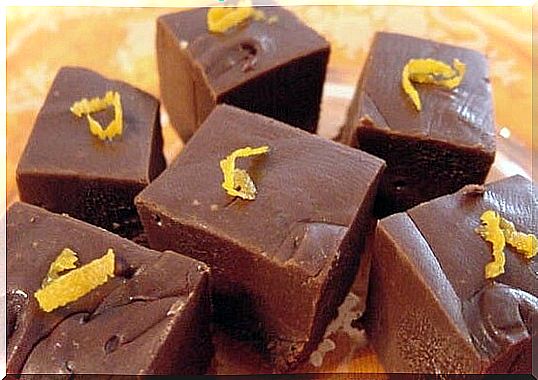
Are there other reasons not to give my child caffeine?
Although the succinctly developed reasons seem crazy or an exaggeration, the reality is that they represent only the tip of the iceberg since there is still an even broader set of reasons why not to give your child caffeine, namely:
- Increases the risk of obesity. It is estimated that those children who, even without knowing it, consume caffeine while drinking one or more daily soft drinks containing 355 ml. of sugar, whether cola or otherwise, are 60% more likely to be obese.
- Produces nutritional deficiencies. Caffeinated drinks tend to contain empty calories, meaning that they do not provide nutrients while boys require a balanced diet that includes protein, whole grains, fruits and vegetables. Unfortunately, many kids fill up on these sodas without getting the necessary vitamins or minerals, thus increasing their chances of suffering from nutritional deficiencies, while they may not get the calcium they need to build strong, healthy bones and teeth. Well, this stimulant inevitably leads to a decrease in appetite and in general not advisable nutrition.
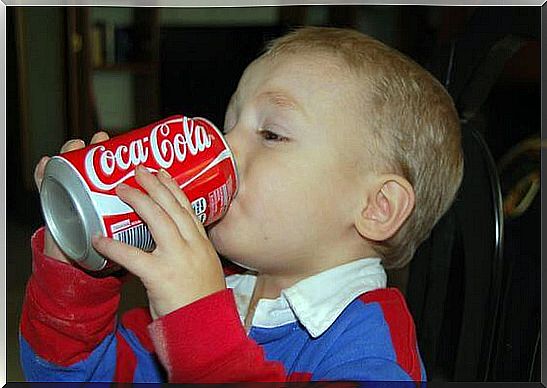
- Increases the possibility of having cavities. If your child drinks too many caffeinated and sugary drinks, they will be more exposed to cavities, due to tooth weakness that leads to greater erosion of tooth enamel caused by acidity.
- Dehydration Another reason not to give your child caffeine is that this drug is also a diuretic, so it can sometimes contribute to dehydration. In this way, pediatricians especially discourage excessive consumption of caffeine on hot days, since here children must replace the water they lose in the form of sweat.
- Loss of bone mass. Precisely by acting as a diuretic, caffeine leads to the loss of calcium in the body, which results in a loss of bone mass since this substance also tends to filter calcium from the body. Doctors estimate that for every 100 mg of caffeine, 6 mg of calcium leaks out, essential for bone growth in every growing child.
- Addiction and withdrawal? Indeed, one reason not to give your child caffeine is because it creates dependency in those who ingest it regularly, even if they take it moderately. This dependence has similar symptoms in adults and children: lethargy, irritability and difficulty thinking clearly. Consequently, if you suddenly stop your little one’s caffeine intake, you may notice withdrawal symptoms such as headaches, muscle aches, temporary depression, and irritability. This happens especially and is accentuated in those minors accustomed to consuming large amounts of this substance.
- Insomnia. As has been tirelessly said, children between the ages of 5 and 12 require at least 11 hours of sleep per day. However, caffeine tends to increase energy levels during the day, which contributes to reducing the hours of sleep required since this substance lasts for at least 8 hours in the child’s body.
- Hyperactivity and behavior problems. Another reason not to give caffeine to children is that they generate hyperactivity and cause behavior problems, in addition to causing some restlessness and inability to concentrate. Likewise, the effects of this drug have negative effects on peer relationships, study, and grades. Regarding the child’s behavior, it is possible to perceive that he becomes anxious and nervous.
